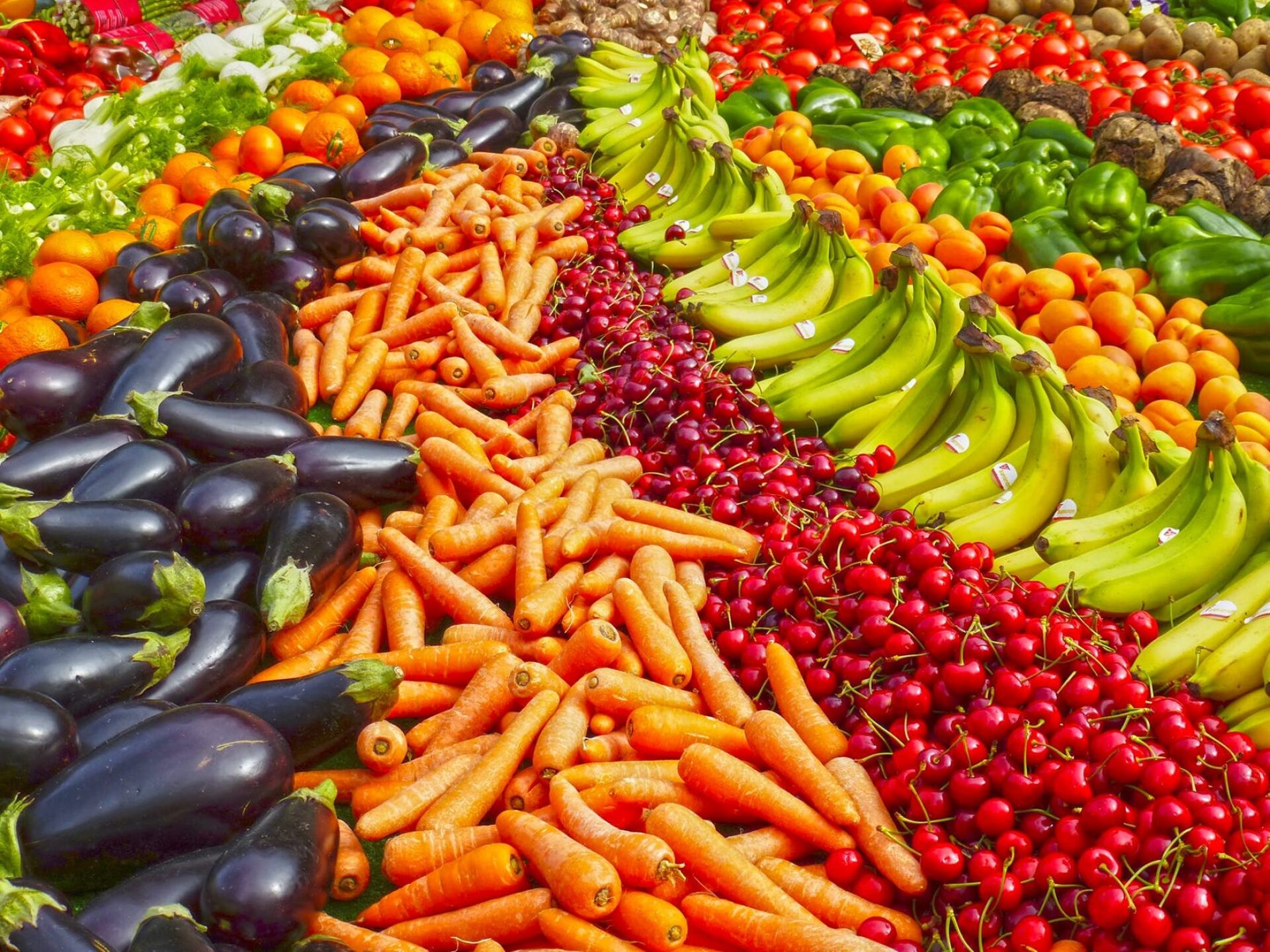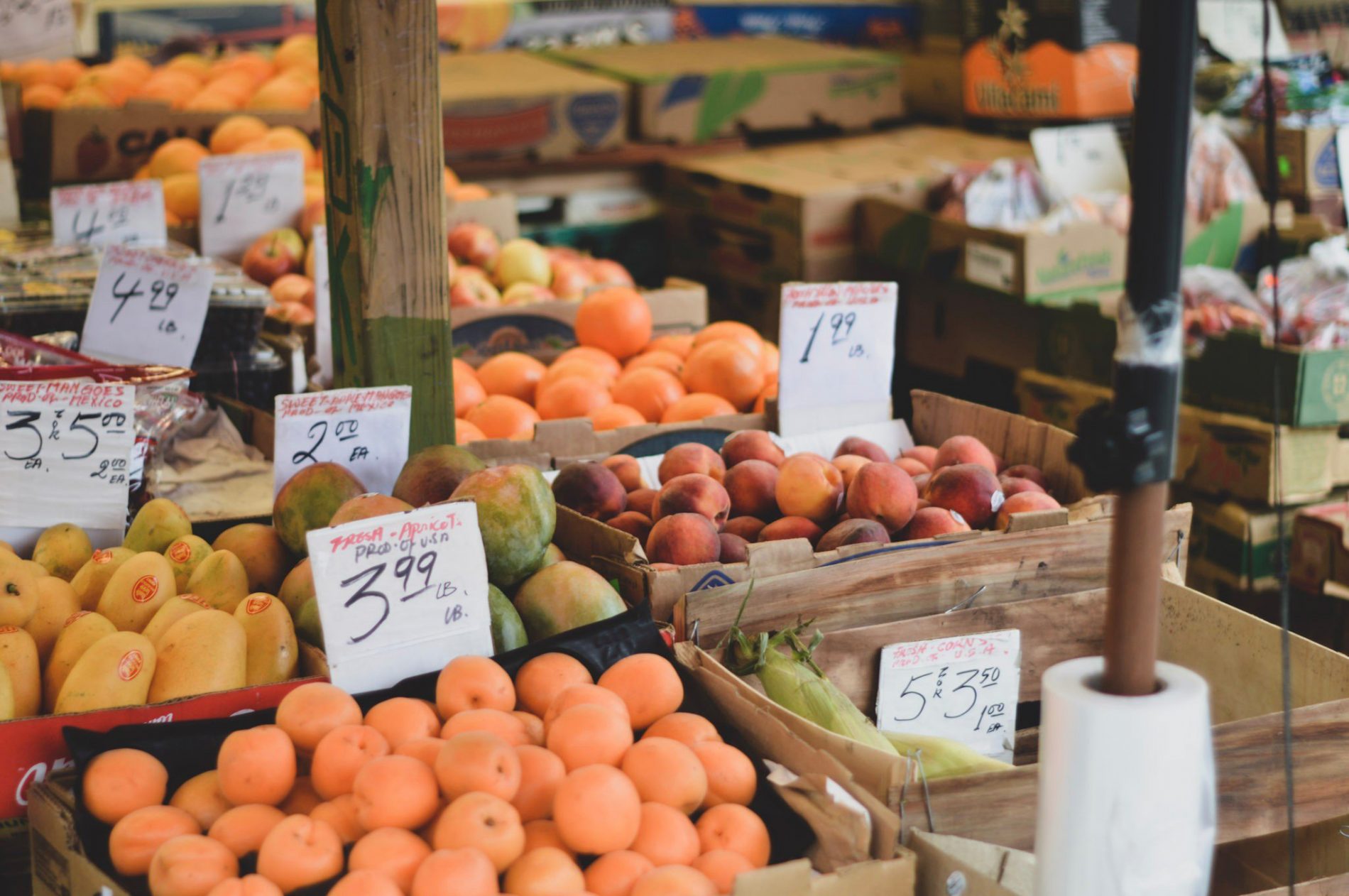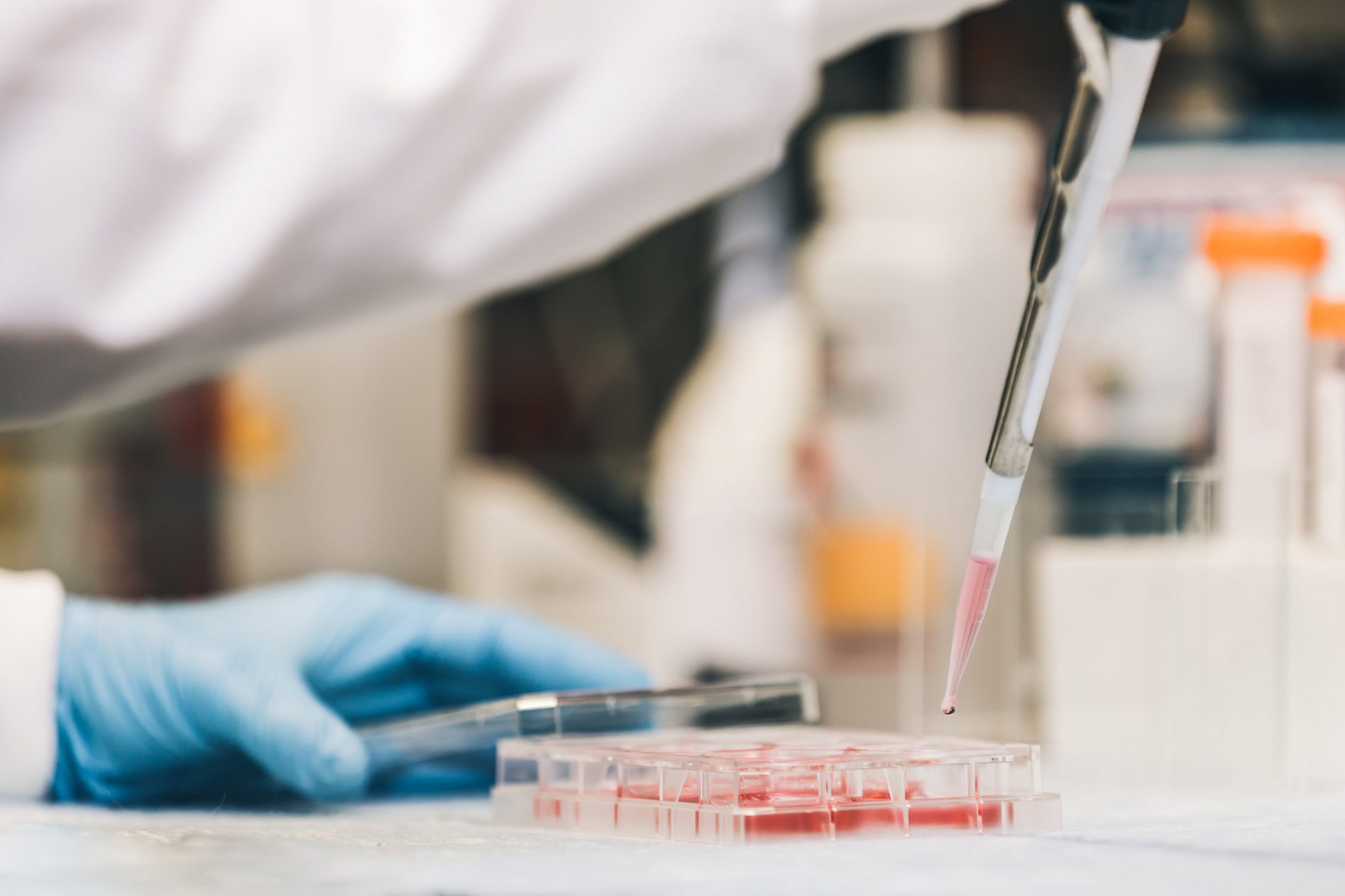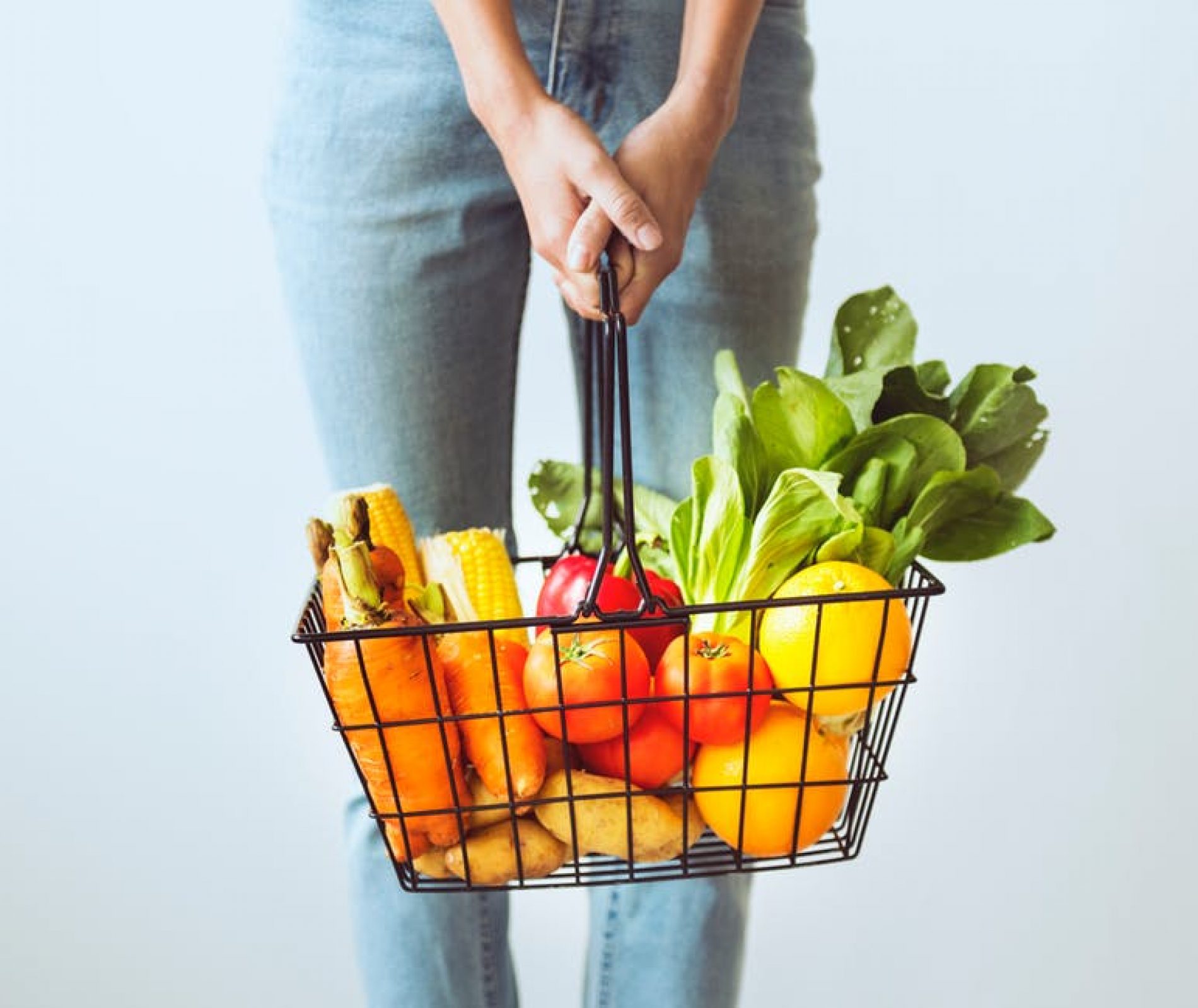According to a study published in July 2018 in the International Journal of Cancer, conducted by researchers at the Harvard T.H. Chan School of Public Health, women who eat a large amount of fruit and vegetables every day may have a lower risk of developing breast cancer, especially aggressive tumors, compared to women who never eat them.
The researchers observed that various vegetables such as broccoli and yellow or orange vegetables, are associated with a reduced risk of developing breast cancer.
“Although previous studies have suggested this association, they have been limited, especially for specific types of fruit and vegetables and subtypes of breast cancer,” says Maryam Farvid, a researcher in the Department of Nutrition. “This research represents evidence of the importance of consuming high amounts of fruit and vegetables for cancer prevention.”
The researchers analyzed dietary questionnaires completed by participants in the Nurses’ Health I and II studies every 4 years. The Nurses’ Health I study involved 88,301 women and began in 1980, while the Nurses’ Health II study involved 93,844 women and began in 1991. Data on risk factors such as age, weight, smoking, and family history of cancer were collected from questionnaires completed every 2 years.
They found that women who ate more than 5.5 servings of fruit or vegetables per day had an 11 percent lower risk of developing breast cancer than those who ate 2.5 servings or fewer. A serving is defined as one cup of leafy green vegetables, half a cup of cooked vegetables, or half a cup of fruit.
Previous research has shown links between lower cancer risk and higher fiber intake, but the benefits of fruit and vegetables found in this study are thought to be independent of fiber content, the researchers say. This suggests that other elements present in fruit and vegetables, such as antioxidants or other micronutrients, also play an important role in reducing cancer risk.
“While a diet high in fruit and vegetables is associated with many other health benefits, our results provide another impetus for women to consume higher amounts of fruit and vegetables,” says Heather Eliassen, the study’s lead author.







